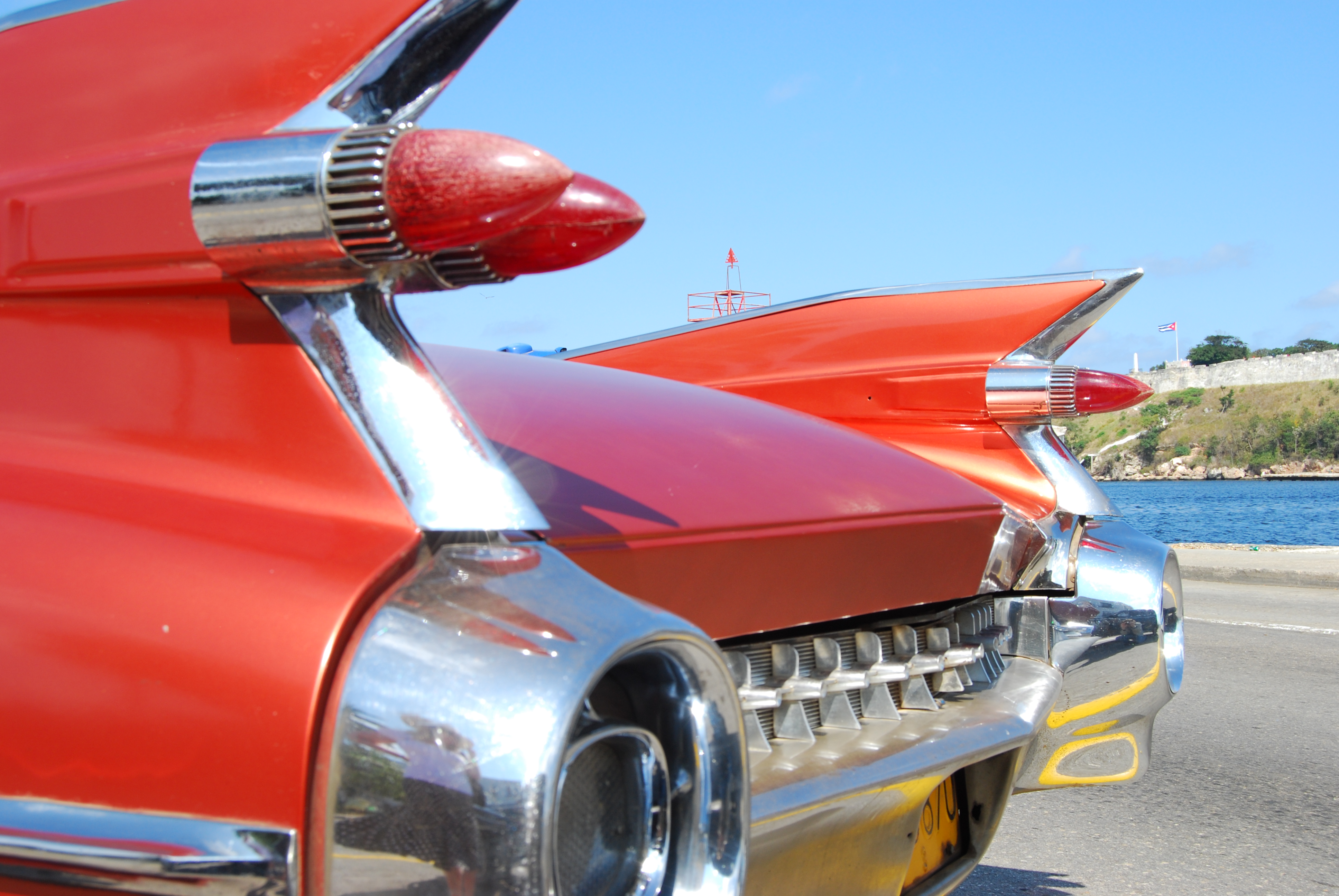California has long been the US state that has led environmental policy and in particular been ahead of the curve on electric cars. The state is now to ban the sale of new petrol-only vehicles by 2035.
The Advanced Clean Cars II rule, brought in by the California Air Resources Board (CARB), will require a third (£% per cent) of new vehicles to electric, hybrid or hydrogen-powered by 2026, two thirds (68 per cent) by 2030 and ban all petrol or diesel powered cars by 2035.
California’s stance is the most aggressive of any country or state so far to establish a definitive mechanism to meet required zero-emission vehicle (ZEV) sales, and CARB believes that over the period from 2026 to 2040 the regulation will result in cumulative health benefits of $13bn as well as the obvious climate benefits.
The rules also ensure that ZEVs will be sustainable and have a long useful life with vehicle having to maintain at least 80 per cent of electric range for 10 years or 150,000 miles by 2030 and staged minimum requirements leading up to these goals.
CARB analysis indicates that battery-electric vehicles are likely to reach cost parity with conventional vehicles by 2030. By 2035, consumers are likely to realise as much as $7,900 in maintenance and operational savings over the first 10 years of ownership. Owners will also see 10-year savings from 2026 model year battery-electric vehicles, though not quite as much.
States that currently follow California’s vehicle rules are expected to adopt these regulations through their own rulemakings, gaining the clean air and climate benefits the regulation delivers. These states constitute about 40 per cent of the nation’s new car sales, however it should be noted that the new rules still have be approved by the US government before they can take effect, and there will almost certainly be legal challenges ahead.
Latest News
-
Jewellers body offers grants of up to £50,000 to boost training
-
Agency overhauls community charity’s brand for free
-
Open University launches global majority voluntary sector leadership programme
-
OVO and Co-op’s foundations help launch youth climate justice funding scheme
-
Bus firm to invest £25m in green transport research
-
Myanmar earthquake: Co-operative bank launches emergency fundraising appeal
© 2019 Perspective Publishing Privacy & Cookies









Recent Stories